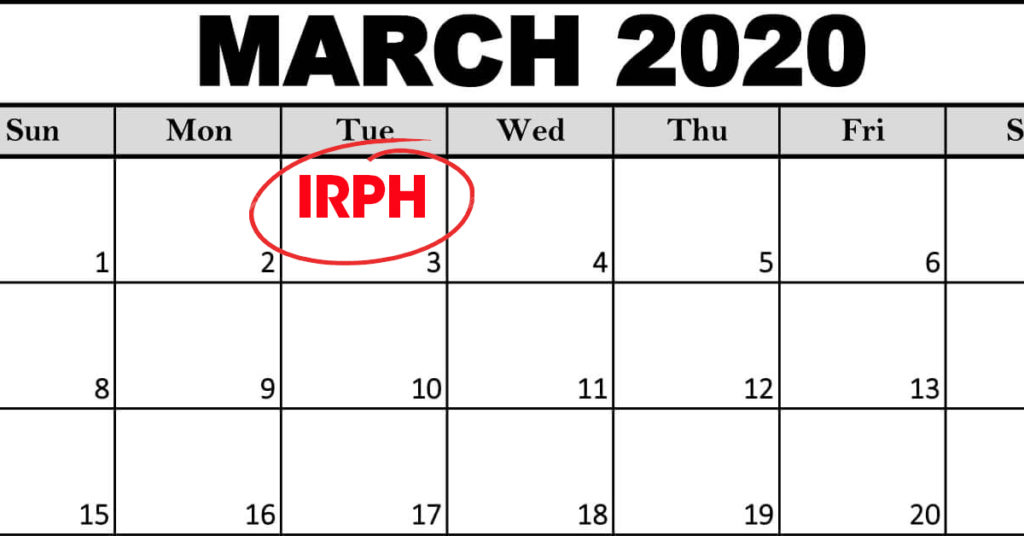WITHIN a few weeks we will know the final decision of the Superior Court of Justice of the European Union, the European Court of Justice (ECJ) in relation to whether the Mortgage Loan Reference Index IRPH could be abusive or non-transparent and therefore null and void.
According to the latest news received, it is expected that we will know the content of the court decision on March 3.
As we have observed in previous articles, the only official information available on this matter is the report giving the final conclusions of the general lawyer of the ECJ, in which he understood that the clauses in which it was agreed to refer the mortgage loan to the variable rate of the IRPH, as being subject to the European directive regarding abusive clauses in contracts signed with consumers.
In other words, these clauses must be written in a clear and understandable way, they must allow the consumer to understand the legal and economic consequences of the clause and there must be a balance in the distribution of rights and obligations between both bank and consumer.
What will happen if the IRPH ends up being declared abusive by the court?
IRPH is a rate that is calculated on the basis of the average of loans granted over a period of three years by financial entities. There are three types: Banks, Cajas and Entities and at the moment the one normally used is the Entities IRPH.
Since this rate is calculated on the basis of the loans granted by the financial entities themselves in Spain, it can be argued, that the fluctuation of the rate is controlled, in one way or another, by those same financial entities.
So, the main characteristic of IRPH is that it has been and currently is, more expensive than the most common rate used, the EURIBOR, and, in addition, it has been much slower in reflecting the general decline in interest that has occurred in recent years.
Expert economists consider that on average, the IRPH index may have been between 1.5 per cent and 3 per cent more expensive than the Euribor rate.
In the event that the European Court finally establishes the abusiveness of IRPH, consumers may have the right to request that their loan be recalculated, taking into account a substitute interest rate, which will normally be the EURIBOR and then the lender should refund the difference between what was overpaid and what should have been paid.
As we have noted, as the general rate of IRPH has been higher than the EURIBOR, a positive decision should see the return of significant amounts of money.
How can I find out if my mortgage is subject to IRPH and how can I claim?
At White & Baos lawyers we have significant experience in consumer claims against bank abuses for many years, all over the Spain and specially in the Costa Blanca area (Alicante, Denia, etc.) and the Balearics Islands ( Ibiza, Mallorca, etc.) which has led to numerous wins at no cost to our clients.
If you believe that your mortgage may be referenced to the IRPH, contact us and our lawyers will check your mortgage loan deed without any commitment and will inform you of the next steps to follow to claim back what should belong to you.
The information provided in this article is not intended to be legal advice, but merely conveys general information related to legal issues.
Carlos Baos (Lawyer)
White & Baos
Tel: +34 966 426 185
E-mail: info@white-baos.com
White & Baos 2020- All Rights Reserved.
